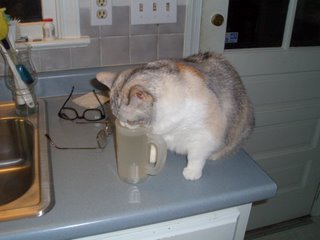Got a question from a friend in a bar last week asking for my input on sulfites in wine. Because of a law in the US, wines with 10 mg/L of sulfites must be labeled as “contains sulfites”. This has led many to believe that sulfites are not in old world wines. The fact is that sulfites, a resultant salt from the addition of sulfur dioxide, is used by most wineries/vineyards worldwide. European wines contain an average of 80mg/L, about the same as found in US wines. In the vineyard, sulfur helps prevent rot and fungus. After the crush, sulfur protects against bacteria, and slows oxidation. Organic wines have no sulfur added, but these still represent a small amount of worldwide production.
Sources differ as to the effects on humans of the sulfites in wines. Some claim allergies to the sulfite gives them headaches. Other sources believe that while there indeed may be chemicals in red wine that can cause headache, sulfites ain’t it. If you believe that sulfites cause you problems, take a simple test. Dried apricots contain high levels of sulfites, much higher than in wine. If you are a “sulfite sufferer’, but get no headache from these, I recommend you eat more frequently when you drink wines, and moderate consumption. If the apricots give you the same symptoms, (and one source says you will be the first they have ever heard of), then perhaps sulfites do indeed cause you problems. Want to eliminate the sulfites in wine? Apparently, the addition of hydrogen peroxide to wine will eliminate the sulfites. This
link leads you to studies which go into detail on that, as well as debunks many sulfite myths. As for me, well, chemistry discussion itself gives me a headache. Moderation in everything, including moderation!
